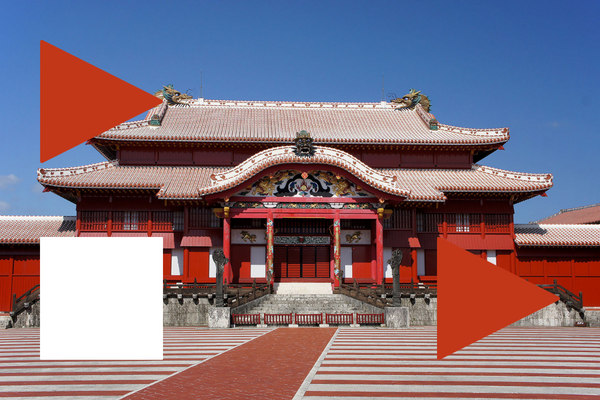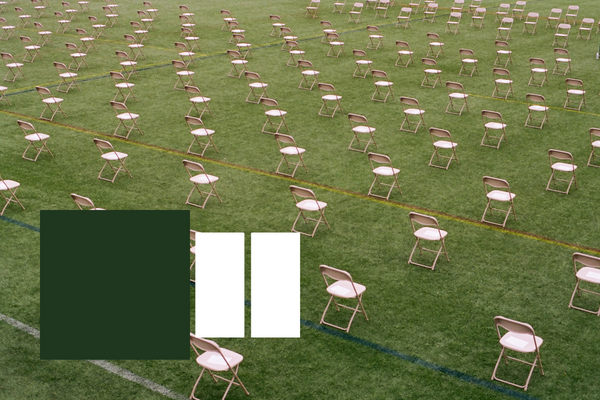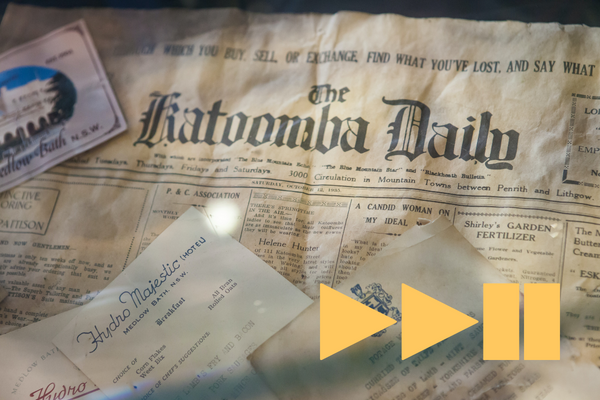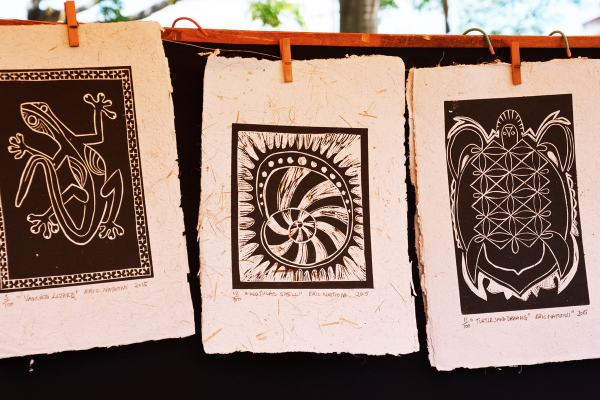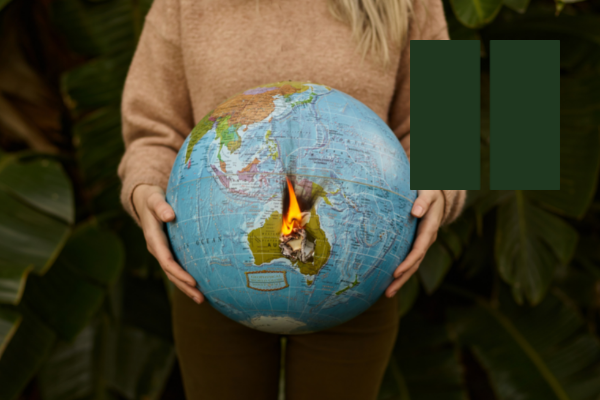In today’s Five-Minute Friday Read, Shurlee Swain, Emeritus Professor in the National School of Arts at Australian Catholic University, examines the terrible history of child removal in Australia and its lasting impacts across communities.
Power of the humanities
Explore stories about the social benefits and impact of the Humanities and the remarkable outcomes that can be achieved when humanities researchers collaborate on national and global challenges. Visit our Newsroom to explore stories about our people, community and research.
In today’s Five-Minute Friday Read, Mark Andrejevic, Professor in Media, Film and Journalism at Monash University, explores the robodebt controversy and the nature of automated systems to exacerbate pre-existing imbalances of power.
In today’s Five-Minute Friday Read, Marilyn Lake FAHA FASSA AO, Professorial Fellow in History at The University of Melbourne, writes about the gender pay gap, the burden of care work placed on women and the vision of historical feminists for a more equal Australia.
In today’s Five-Minute Friday Read, Purnendra Jain FAHA, Emeritus Professor in the Department of Asian Studies at the University of Adelaide, examines Okinawa’s strategic and political importance in the Pacific while considering the impacts on the citizens of the islands.
In our new series, the Five-Minute Friday Read, we’re publishing essays by our Fellows on a range of important and timely topics in the humanities. Today, Kane Race FAHA, Professor of Gender and Cultural Studies at the University of Sydney, explores the public health response to the current monkeypox outbreak and its relationship to the responses to the HIV/AIDS crisis.
In our new series, the Five-Minute Friday Read, we’re publishing essays by our Fellows on a range of important and timely topics in the humanities. Today, William (Bill) Loader FAHA, Emeritus Professor at Murdoch University, examines Biblical writings on same-sex relations and their implications for the modern-day Anglican Church.
In our new series, the Five-Minute Friday Read, we’re publishing essays by our Fellows on a range of important and timely topics in the humanities. Today, Helen Groth FAHA, Professor in the English and Creative Writing program in the School of Arts and Media, UNSW, writes about the significance and provenance of the attack on Sir Salman Rushdie.
In our new series, the Five-Minute Friday Read, we’re publishing essays by our Fellows on a range of important and timely topics in the humanities. Today, Frank Bongiorno AM FAHA, Professor of History at the Australian National University, writes about the importance of accessibility to Australia’s libraries and archives and examines their importance for humanities scholars.
In the spirit of Humanities Australia, the Academy’s journal, Emerita Professor Tessa Morris-Suzuki FAHA writes about the challenges faced by the humanities in the age of fake news, pressure on academics to publish at all costs and rising international tensions.
In the spirit of Humanities Australia, the Academy’s journal, Professor Joe Lo Bianco FAHA contributes this essay about current challenges in the Pacific.
In the spirit of Humanities Australia, the Academy’s journal, we’re introducing a new series of essays by Fellows across a wide range of topics. This month, Academy President Emeritus Professor Lesley Head FASSA FAHA discusses reframing climate change as a social issue.
Each year, we celebrate the books published by the Fellowship and our grants/awards alumni within the last 18 months.




